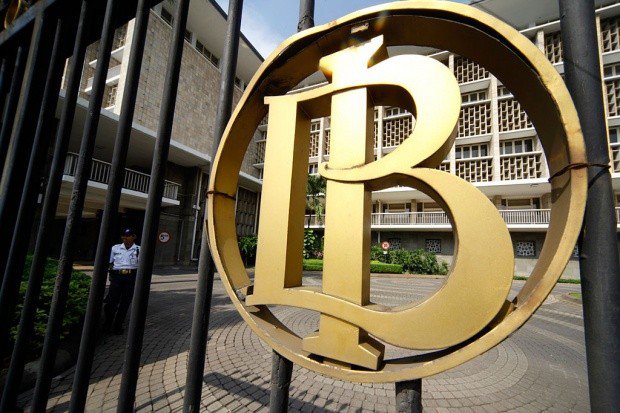Indonesia Holds Rate, Global Risks Demand High Vigilance


Bank Indonesia holds benchmark rate at 4.75 percent.
Jakarta,20 Jumadil Awwal 1438/17 February 2017 (MINA) – Indonesia’s central bank left its benchmark BI 7-day Reverse Repo rate steady at 4.75 percent on Thursday, as widely expected, but warned in no uncertain terms about the risks it faces from changes to United States policy, the impact of Brexit and events in Europe.
“Several global risks demand heightened vigilance,” CentralBankNews.info quoted Bank Indonesia as saying, adding domestic risks include the impact on inflation from the government’s increase of electricity rates, special fuel prices and vehicle registrations.
Bank Indonesia (BI) cut its BI-7 day RR rate twice last year by a total of 50 basis points following four cuts in its previous benchmark rate by a total of 100 points from January through June.
Despite the risks it faces, BI said the global economy had improved on the back of gains in the U.S. and China and rising commodity prices, and this momentum is expected to continue.
But the central bank said U.S. fiscal expansion along with an earlier-than-expected monetary tightening could push up the dollar and while a relaxation of U.S. financial regulations would boost domestic financial activities, it “may elevate risks in the global financial system stability.”
In addition, a protectionism in the U.S., along with Brexit and European risks, could “reduce the world trade volume and increase global uncertainty.”
However, BI’s baseline forecast is for Indonesia’s economy to expand by 5.0 to 5.4 percent this year – up from 5.02 percent in 2016 and 4.88 percent in 2015 – on strong private consumption, higher government spending and improved private and government investments.
Exports are also expected to rise along with imports due to domestic demand.
Inflation under control
Inflation in Indonesia is also under control despite what BI described as a “slight bump” in January as higher administered prices pushed up headline inflation to an annual rate of 3.49 percent from 3.02 percent.
The central bank said it would continue to strengthen its coordination with the government to control inflation in the face of risk from administered prices, a reform to energy subsidies and the risk of rising, volatile food prices.
“With these steps, Bank Indonesia predicts inflation within the target corridor for 2017, namely 4+/-1%,” BI said.
After being hit by the election of Donald Trump as U.S. president in November, the rupiah has stabilized and firmed as foreign capital has flowed back into the country on a promising domestic outlook.
The rupiah was trading at 13,303 to the U.S. dollar, up 1.5 percent this year. (T/RS05/RS01)
Mi’raj Islamic News Agency (MINA)





